Humans news stories
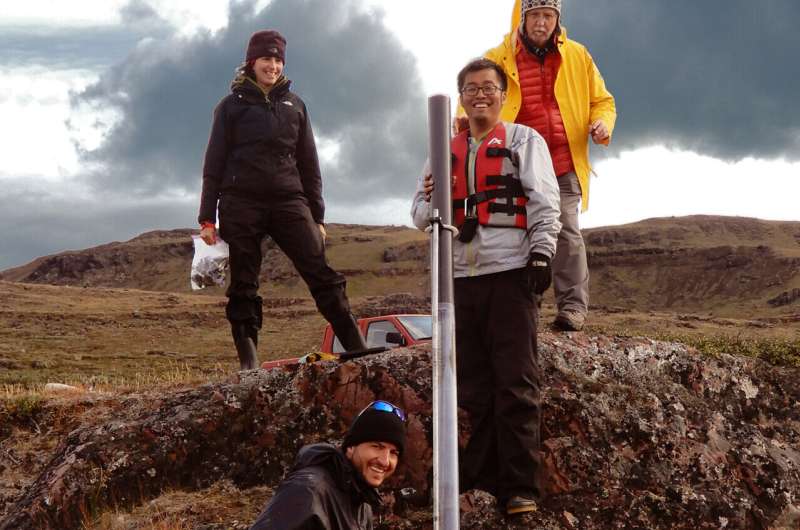
One of the great mysteries of late medieval history is why did the Norse, who had established successful settlements in southern Greenland in 985, abandon them in the early 15th century?

Peruvian historian and US archaeologist say the pre-Columbian town was called Huayna Picchu by the Inca people.
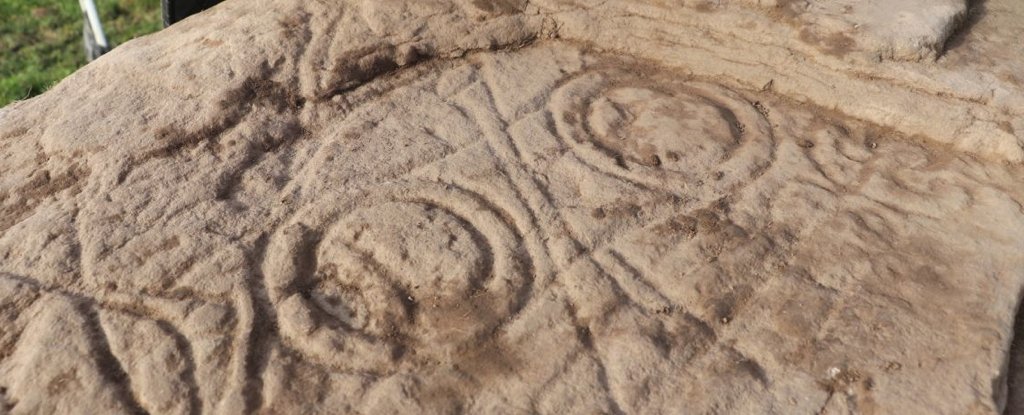
Archaeologists in Scotland shed “genuine tears” upon discovering a stone covered with geometric carvings that the Picts, the Indigenous people of the region, designed about 1,500 years ago.
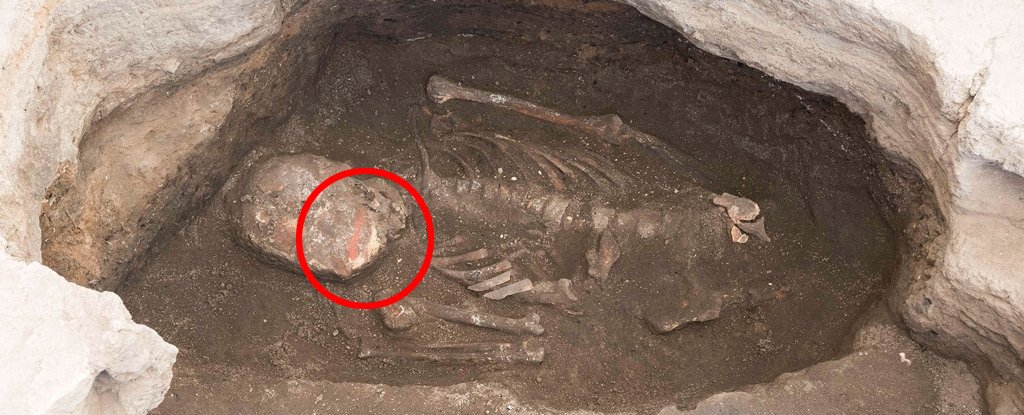
The sprawling ruins of Çatalhöyük – a vast, ancient human settlement in what we now know as Turkey – are much like a precursor to the modern metropolis of today. Yet, over the course of 9,000 years, times have certainly changed.
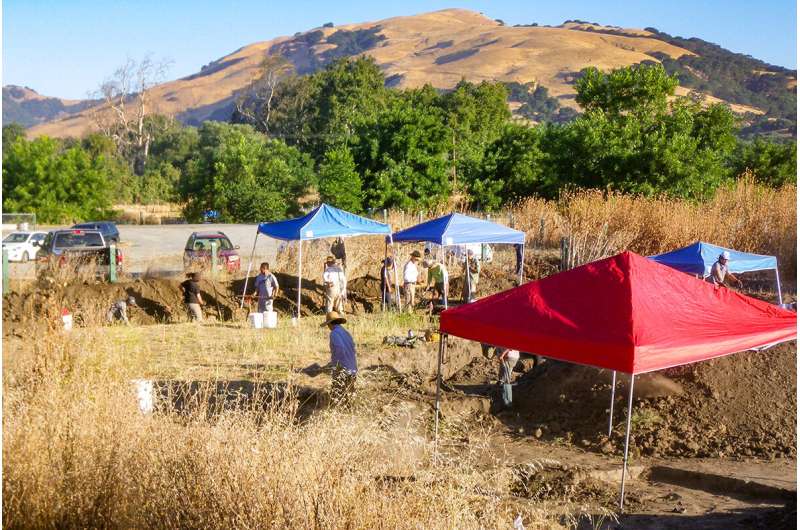
A genomic study of Native peoples in the San Francisco Bay Area finds that eight present-day members of the Muwekma Ohlone Tribe share ancestry with 12 individuals who lived in the region several hundred to 2,000 years ago…the study challenges the notion that the Ohlone migrated to the area between A.D. 500-1,000…
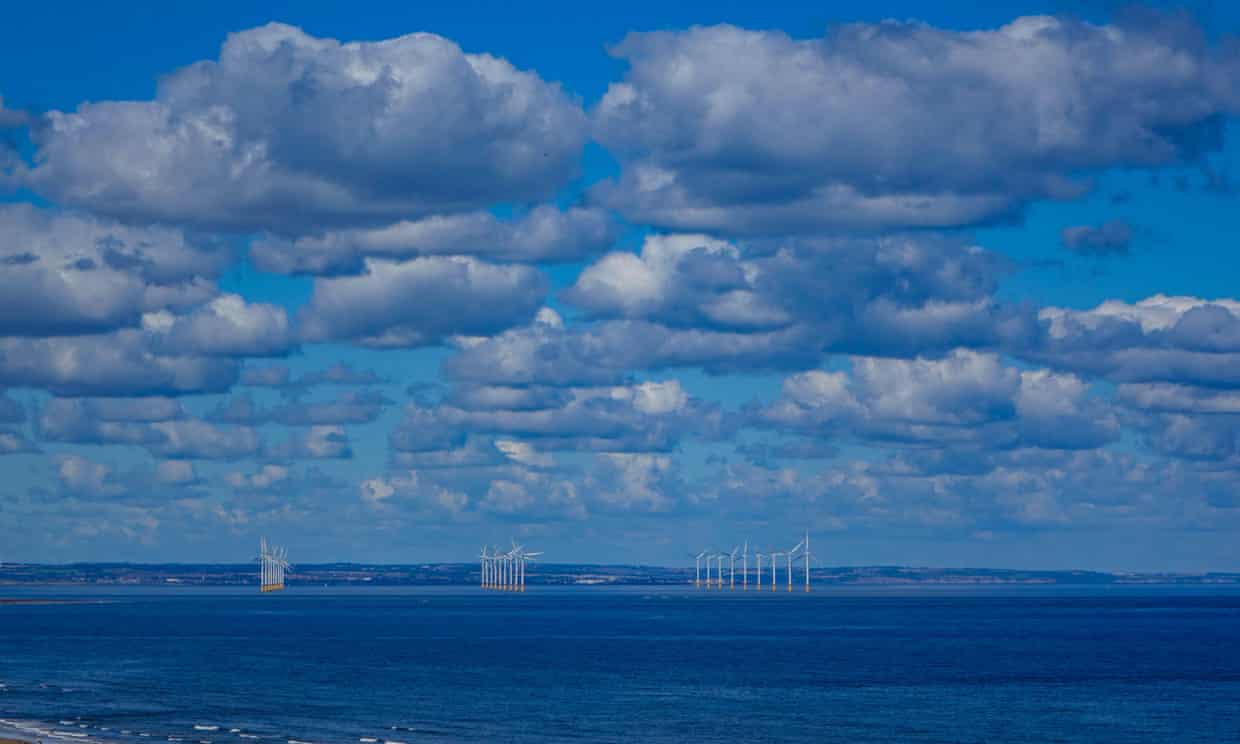
While the Conservative party’s proposed dash for wind power is good news for the climate it could be bad news for archaeology, with rapid offshore windfarm development sealing off access to some of the best-preserved and most complete evidence of early human communities in the world.
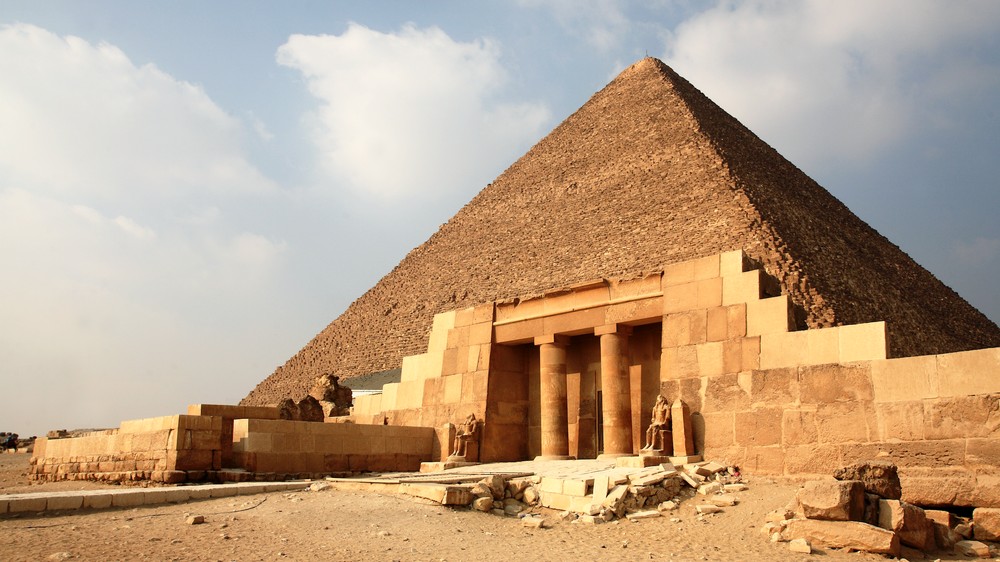
Individual artifacts might be detectable with an advanced telescope that captures particles made in outer space.

Applying machine learning to a database of testimonials uncovers how drug-induced changes in subjective awareness are mechanistically rooted in the human brain.
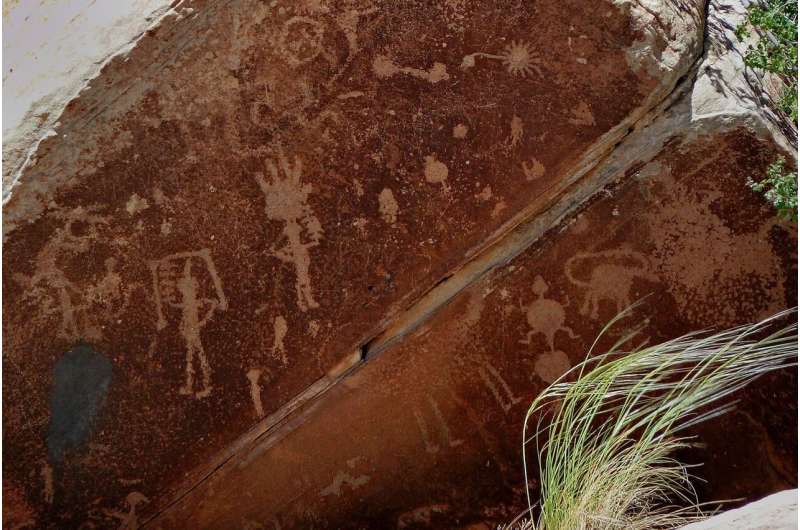
A trio of researchers from Universidad de Cantabria and the University of Cambridge has found evidence suggesting that up to a quarter of all ancient handprints found on cave walls in Spain were made using children’s hands.
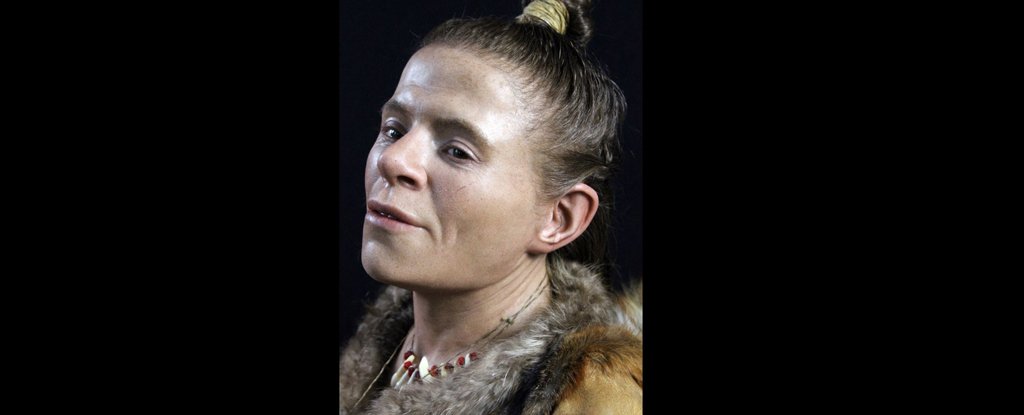
A Stone Age woman who lived 4,000 years ago is leaning on her walking stick and looking ahead as a spirited young boy bursts into a run, in a stunning life-size reconstruction now on display in Sweden.
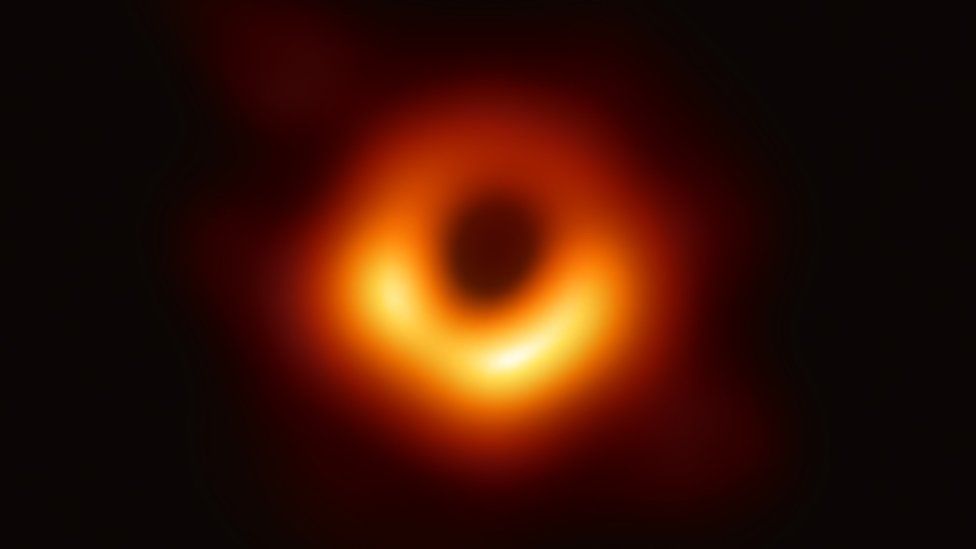
Scientists say they have solved one of the biggest paradoxes in science first identified by Prof Stephen Hawking.
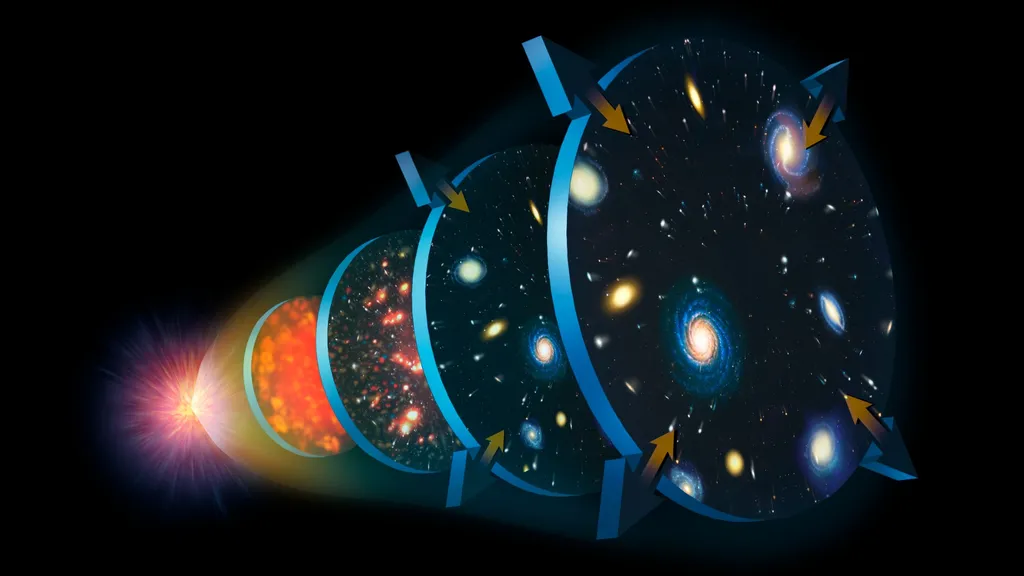
A wild new theory suggests there may be another “anti-universe,” running backward in time prior to the Big Bang.

Our ability to elaborately communicate is one of humanity’s greatest superpowers. It allows us to retain and build knowledge across generations, cooperating at a global scale unlike anything else seen on Earth. But much about how this ability evolved is still a mystery, including its origins.
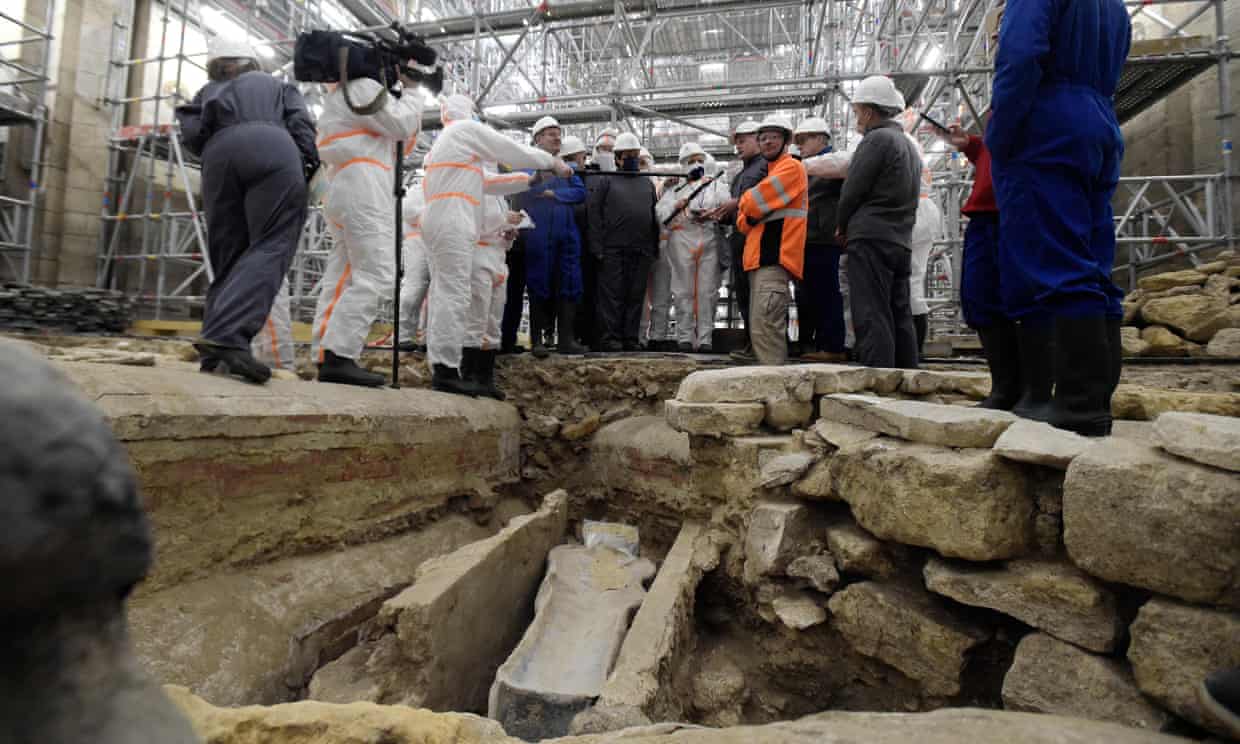
Archaeologists discover burial sites “of remarkable scientific quality” below the fire-damaged cathedral
Astronomers and the European Space Agency’s planetary defence community recently spotted an asteroid just hours before it struck the Earth
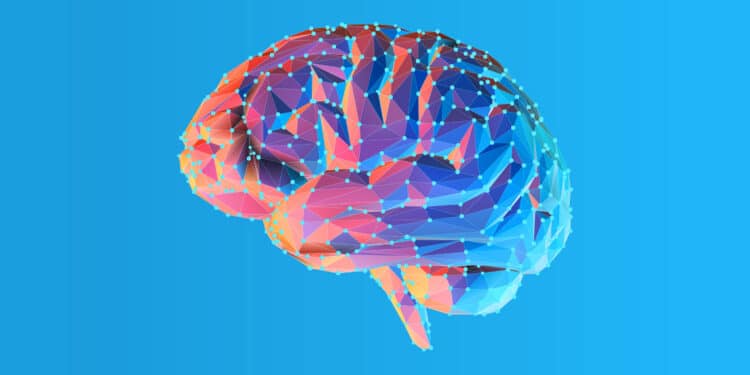
New research provides evidence that MDMA-assisted psychotherapy can improve and extend lives of patients with chronic and severe posttraumatic stress disorder while also reducing healthcare costs. The findings have been published in the journal PLOS One.








